11 March 2022
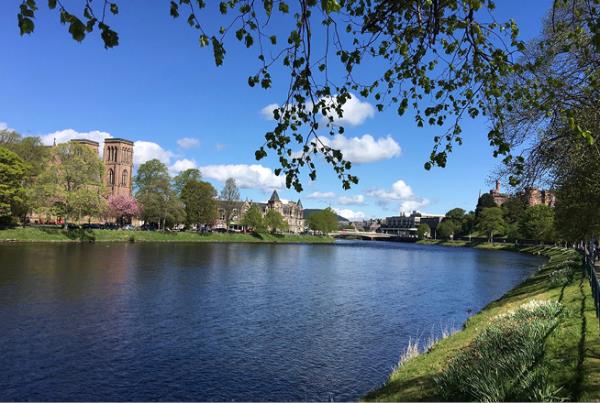
Inverness is the largest city in the Scottish Highlands and its city centre now has free public Wi-Fi following a collaboration between The Highland Council, Purple and Rapier Systems. The Highland Council wanted to implement a Wi-Fi solution that would allow them to identify who visits the city and gain a way of effectively communicating with visitors.
Read the full case study10 March 2022
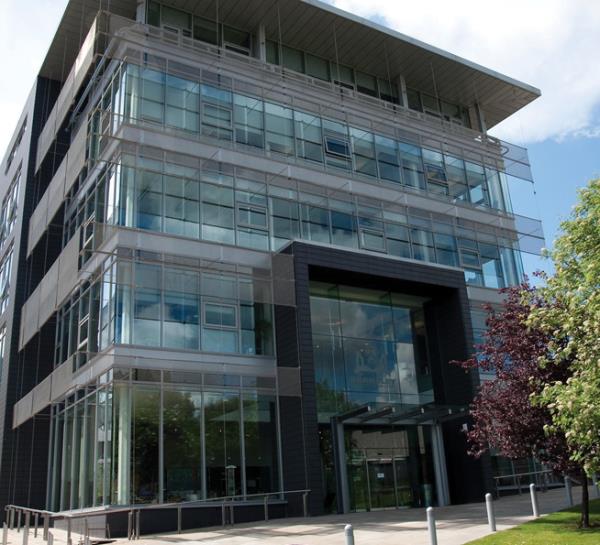
Barnsley Council completes its SAP-to-Azure migration, while The Highland Council implements a Wi-Fi solution for tourists, visitors and citizens
Absoft completes collaborative SAP-to-Azure Migration with Barnsley Metropolitan Borough Council
When Barnsley Council first opened a bid in order to migrate its SAP landscape to the cloud, the tenders received did not offer an economically viable outcome. However, a non-negotiable deadline (the sale of its current premises and an outdated on-premise functionality) meant that a solution was required sooner rather than later.
Read the full case study08 March 2022
Portsmouth City Council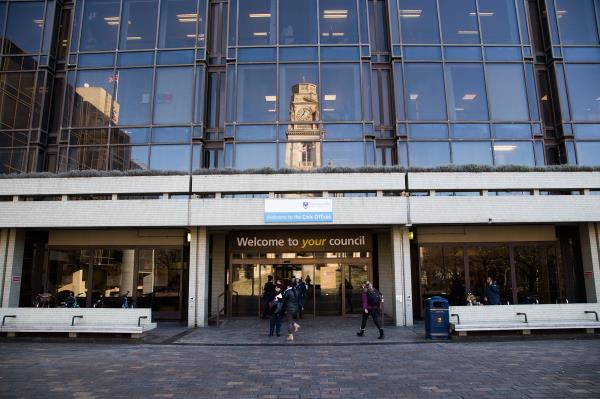
10 February 2022

How Scotland’s most populous city became one of the world’s smartest
Before its digital upgrade Glasgow City Council already had existing contracts in place providing CCTV traffic management camera network services across the city. Both were due to expire and needed to be replaced to ensure these critical services continued to operate efficiently.
A strategic decision was made that both components should be brought together and delivered through a single supplier.
Read the full case study09 March 2021
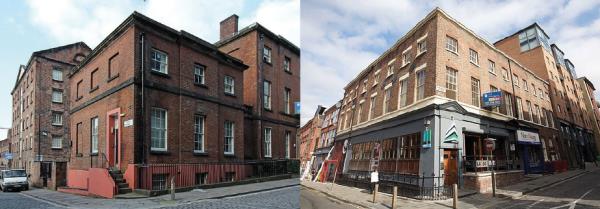
Lansafe Ltd installed Draytek solutions to improve the WiFi service within a Liverpool city centre student housing development.
The Requirement
• Find a reliable, low-cost Internet connectivity solution for 3 student housing buildings servicing 130+ students
• Improve the bandwidth access to the existing 4 ADSL broadbands - which were providing slow connectivity (around 15mbps) and segregated across 4 separate routers
• Improve wireless connectivity
• Cover two additional buildings for 100 students with one leased line
• Manage solution remotely
Read the full case study07 October 2020
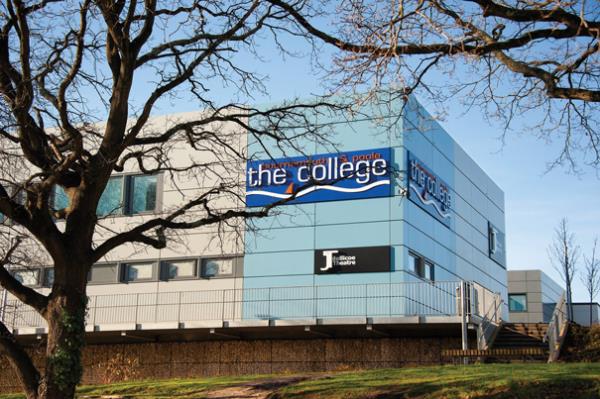
With more than 11,000 students, Bournemouth & Poole College (BPC) is the largest provider of further education and apprenticeships in the region. Its core focus is on work skills, so that students are well placed for their chosen careers.
The college uses a free and open source learning management system called Moodle. Following student feedback, the college decided to modernise its Moodle digital learning environment (DLE) with more engaging features for both staff and students.
Read the full case study07 October 2020
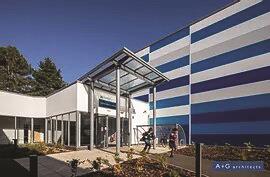
Loughborough Schools Foundation, a group of four independent schools and a nursery, with a total of just over 2,500 pupils.
Three of them share a campus: the all-boys Loughborough Grammar, founded in 1495, which has 849 pupils (and 74 boarders); Loughborough High, with 650 girls; and Fairfield Preparatory which has 506 pupils.
Loughborough Amherst School, founded in 1841 as Our Lady’s Convent School, has 359 pupils; and a day nursery looks after 64 children.
Read the full case study
15 September 2020
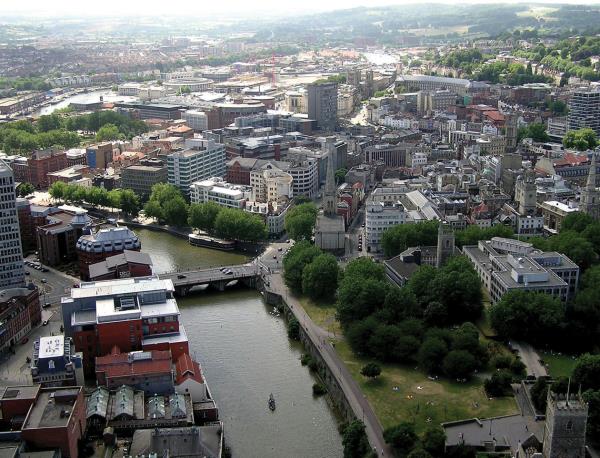
Bristol-is-Open is a project for smart city experimentation in technology and citizen engagement, jointly backed by Bristol City Council and the University of Bristol. The city was recognised as the UK’s leading smart city based on the UK Smart Cities index 2017. Then, in 2018, Bristol-is-Open was recognised with the Glomo Smart Cities Award.
Zeetta Networks, a local university spin-out company, has worked closely with Bristol-is-Open using NetOS to manage its smart city network infrastructure.
Read the full case study15 September 2020
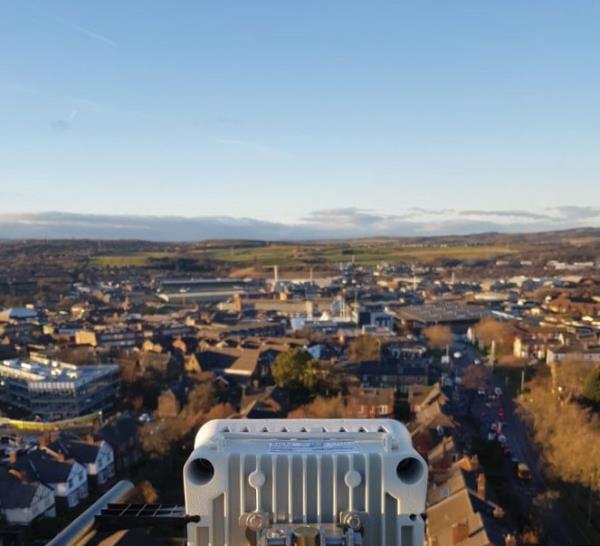
Ruckus Networks, an ARRIS company, got involved in Sheffield City’s free-to-use, superfast Wi-Fi project. Working collaboratively with Idaq Networks – it runs the network - and Siklu, a player in millimetre wave radio technology, the project creates a virtual data ring-road around the city, transmitting high-speed capacity between tall buildings, before bringing it down to street level to be used by residents.
The project delivers superfast internet, at 20 gigabits per second (Gbps), to 293 streets in the city and up to 24,000 users can connect simultaneously. The network is free, and at no cost users or to the council who provided exclusive access to street furniture and buildings to install the network. The network can also be leveraged for other commercial opportunities to help fund the service.
Read the full case study15 September 2020

There are many towns and cities utilising public Wi-Fi solutions in various forms with ranging areas of coverage both in the UK and worldwide. In fact, pick up any august tech publication or visit a relevant website and you’ll see that ‘smart cities’ or ‘connected cities’ feature somewhere.
This is very true in many northern English cities, which are investing heavily in various comms technologies in a bid for parity with more affluent parts of the country. Yet while many projects are announced from the rooftops, some cities, councils and other relevant authorities are keener to keep their powder dry. In other words, some information is in the public arena but much of it is not. The following details some that our cities have completed via the SuperConnected Cities Programme and published information about the previous implementation in Barnsley.
Read the full case study







